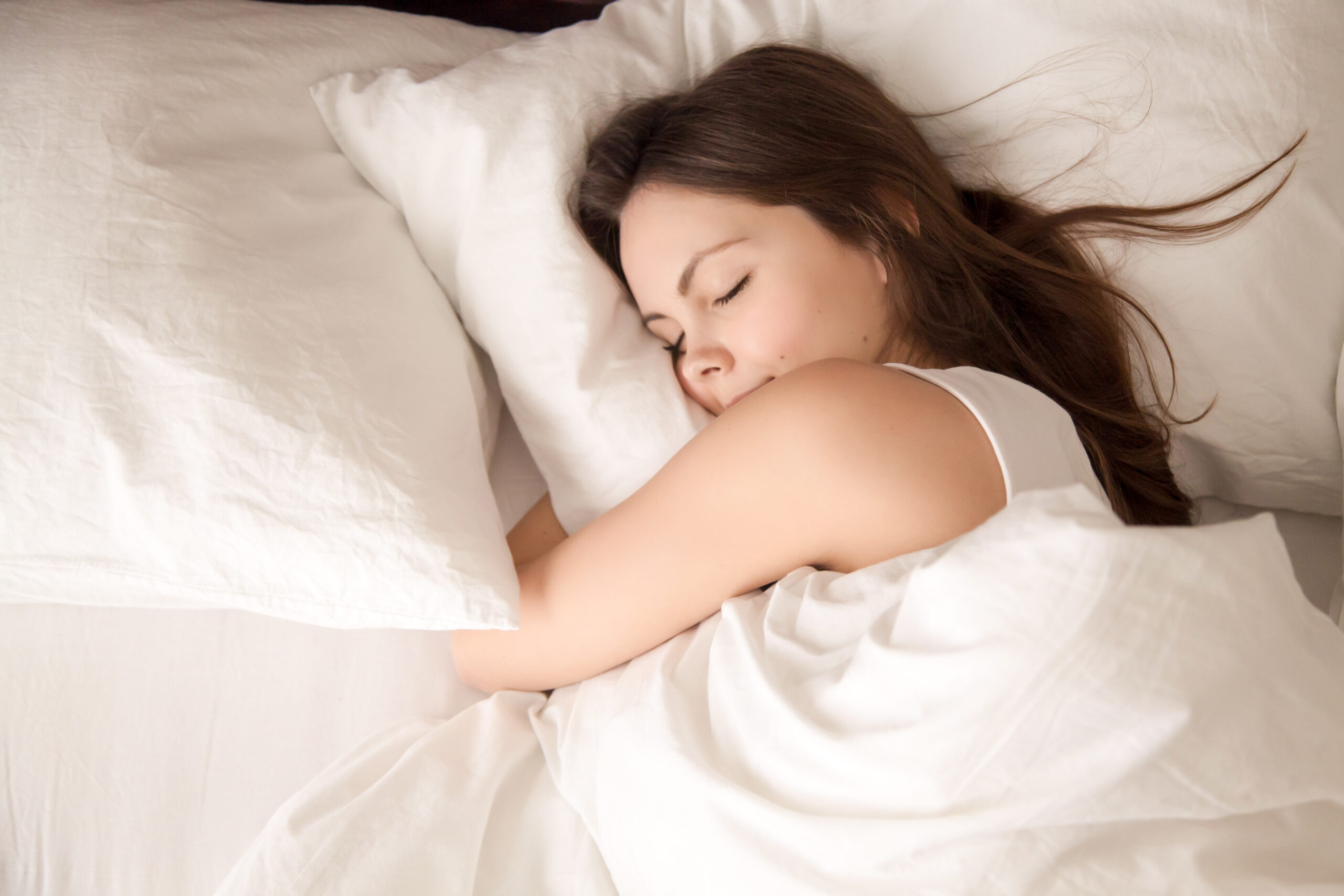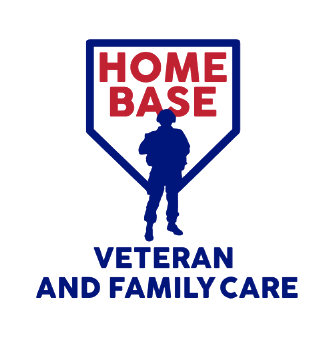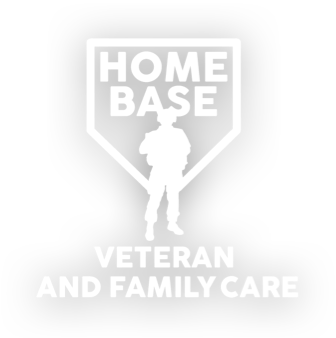Sleep Hygiene: Quick Tips to Improve Your Sleep

Sleep is a critical part of life. We need enough good quality sleep not only for our physical health but also for our emotional health. However, the current pandemic has led to disruptions in many people’s day to day lives. With these added stressors, it is common for sleep patterns and habits to be disrupted. Just as we attend to our personal hygiene, like showering and brushing our teeth, we need to focus on our sleep hygiene. Therefore, I am going to outline the key factors and recommendations on how to improve sleep hygiene. And, in case you missed it, check out this blog entry that covers the basics of sleep.
First, it is important to think about where we are sleeping. It is important for the bedroom or sleeping area to be quiet, dark, and cool. As we fall asleep and into the deeper sleep stages, our body’s temperature drops. By keeping our bedroom cooler (between 65-70 deg F), we are helping that process move along and increasing the odds we are going to fall asleep and stay asleep. Use of white noise, earplugs, blackout shades, and/or sleep masks are other strategies to improve the sleep environment.
When people cannot fall asleep, it is common to check what time it is. You may have thoughts about how long it’s taking to fall asleep or that you only slept a short amount of time before waking up during the night. This may lead to worries and predictions about how you may feel the next day, which will increase anxiety and arousal, and continue to interfere with sleep. As long as you have an alarm set for the next day, then there is no need to check what time it is. Turn the clock around or put your phone somewhere you are less tempted to check the time.
Caffeine, while helpful for daytime energy, can interfere with our sleep. Caffeine is a stimulant and has a half-life of approximately 5 hours. For example, if someone has their last caffeinated drink at 12 pm, half of the caffeine in that drink is still in the body at 5 pm, and will not fully be metabolized until almost 10 pm. It is recommended to avoid the use of caffeinated products after 12 PM. This includes, coffee, soda, tea, and energy drinks. It is best to drink caffeine-free beverages after 12 PM. Herbal teas are a caffeine-free option with lots of varieties to try such as peppermint or chamomile, and may provide added relaxation benefits.
It is common for people to use nicotine products throughout the day, including immediately before falling asleep or if they awaken during the night. Similar to caffeine, nicotine is a stimulant and tells our mind and our body to “wake up!” Nicotine has a relatively short half-life of two hours, so people who use these products may experience withdrawal and cravings during the night, in turn, increases the chance of awakening during the night. To decrease the likelihood that the use of nicotine products will impact sleep, it is suggested to not use within 2 hours of bedtime and not use upon awakening during the night.
People may use alcohol as a means to help wind down, relax, or fall asleep. While this may be the case, alcohol typically leads to more awakenings during the night as our body metabolizes the alcohol. Restless, broken sleep is common due to the energy needed to process alcohol. It is best to stop the use of alcohol 2 hours before bedtime.
Eating a large meal too close to bedtime will similarly disrupt the sleep process. There may be physical discomfort, such as bloating or indigestion. Additionally, we are asking our digestive system to work hard when it should be slowing down- quite confusing to our internal processes! Try to eat the last meal of the day within 2 hours of bedtime. A light snack may be appropriate; eating during the night if you awaken is not recommended.
Lastly, regular exercise during the day may improve sleephowever,it is recommended to avoid exercise within 4 hours of bedtime. Exercise increases our arousal and our body temperature, which may interfere with the winding down that needs to happen to fall asleep.
Over the course of the week, try to keep track of each of these areas. Think about what you may be able to change and prioritize to help improve your sleep. It may be important to talk with friends, family, or roommates that you live with about working together to implement these changes. The more of these strategies that you can make a part of your daily routine, the better the odds of having a good night’s sleep.
If you find that you have significant sleep disruptions, we hope that you consider reaching out to a provider to better understand what might be contributing to the problems and to learn about evidence-based treatment options. One such treatment option is cognitive behavioral therapy for insomnia (CBTi), a 4-6 session individual treatment aimed at improving the quantity and quality of sleep. It is best suited for people who have been experiencing longstanding sleep problems, along with problems in their daily life related to these sleep difficulties, such as worrying about sleep, irritability, low mood, impaired relationships, and/or work performance. The treatment focuses on changing behaviors interfering with sleep, as outlined above, and you will work with your therapist on monitoring and adjusting your sleep schedule over the course of treatment. Visit homebase.org/connect2care to learn more about our clinical programs or call (617) 724-5202.
 About the Author: Dr. Lauren Brenner is a clinical psychologist at Home Base. She completed her doctoral internship specializing in Dual Diagnosis presentations (PTSD-SUD) at the VA Boston Healthcare System, with additional rotations in the General Mental Health Clinic and Urgent Care Clinic. Dr. Brenner has received training in evidence-based treatments for PTSD, as well as co-occurring substance use, mood, and anxiety disorders, including Cognitive Processing Therapy, Prolonged Exposure, Cognitive Behavioral Therapy for Insomnia, and Seeking Safety. She has extensive training and experience in the provision of evidence-based group, and individual treatment with military populations, and has a specialized interest in psychodiagnostic assessment and evaluation.
About the Author: Dr. Lauren Brenner is a clinical psychologist at Home Base. She completed her doctoral internship specializing in Dual Diagnosis presentations (PTSD-SUD) at the VA Boston Healthcare System, with additional rotations in the General Mental Health Clinic and Urgent Care Clinic. Dr. Brenner has received training in evidence-based treatments for PTSD, as well as co-occurring substance use, mood, and anxiety disorders, including Cognitive Processing Therapy, Prolonged Exposure, Cognitive Behavioral Therapy for Insomnia, and Seeking Safety. She has extensive training and experience in the provision of evidence-based group, and individual treatment with military populations, and has a specialized interest in psychodiagnostic assessment and evaluation.


 Home Base
Home Base